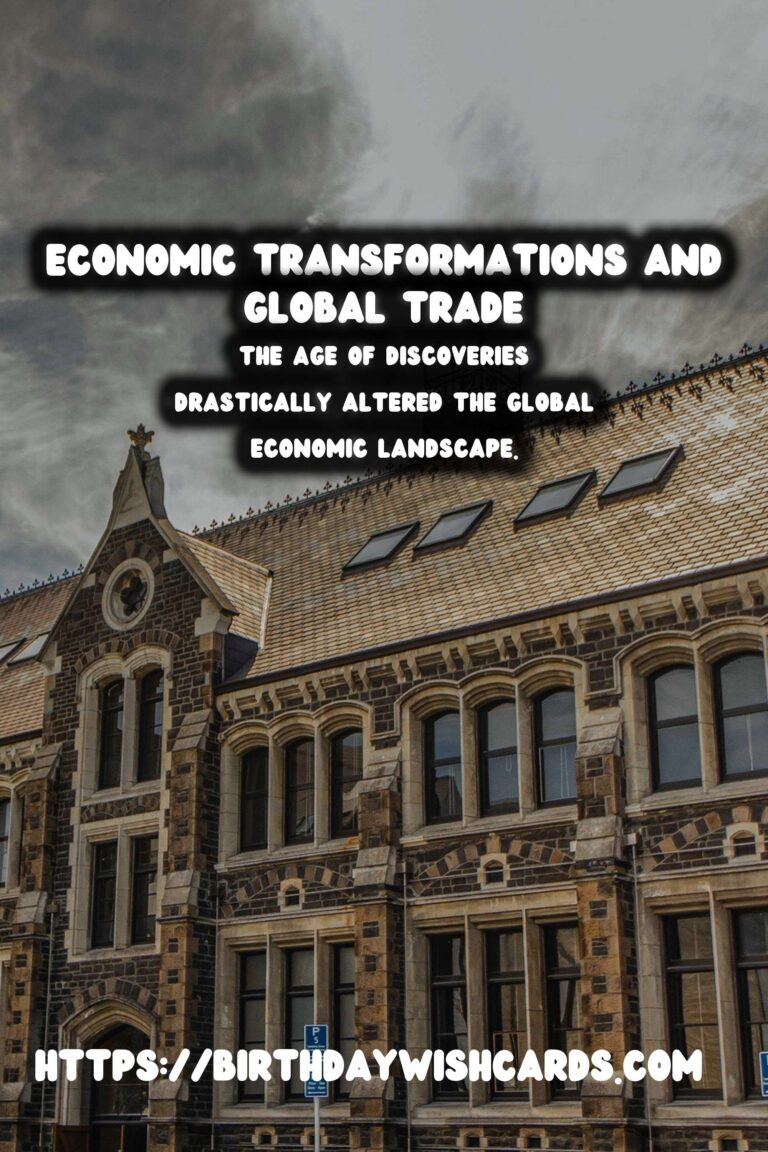
The Age of Discoveries, also known as the Age of Exploration, was a pivotal period in history that drastically altered the global economic landscape. Spanning the 15th to 17th centuries, this era was marked by European explorers venturing into uncharted territories across the globe, catalyzing profound economic changes.
The Beginning of Global Trade
The Age of Discoveries was instrumental in the establishment of global trade routes. Notably, the Portuguese and Spanish explorations led to the opening of new maritime routes that linked Europe with Asia, Africa, and the Americas. This connectivity facilitated the exchange of goods, such as spices, precious metals, and textiles, on an unprecedented scale. European countries seized these opportunities to expand their economies, amassing wealth and resources through trade.
Impact on European Economies
The influx of goods from newly explored lands had a significant impact on European economies. The introduction of commodities like tobacco, sugar, and chocolate from the Americas revolutionized European markets and consumption habits. Furthermore, the trade in gold and silver, particularly from the New World, greatly increased the monetary supply, leading to economic growth and the development of modern financial systems.
Shift in Economic Power
The Age of Discoveries also catalyzed a shift in economic power. Countries like Portugal and Spain initially dominated the trade routes and gained immense wealth. However, as other nations such as England, France, and the Netherlands joined the exploration race, they too emerged as powerful economic players. The competition for resources and trade supremacy fueled advancements in navigation, shipbuilding, and military technology, further boosting the economic prowess of these nations.
Colonial Exploitation and Its Consequences
While the Age of Discoveries facilitated economic progress, it also led to the exploitation of colonies and indigenous populations. European powers imposed their control over newly discovered territories, extracting resources and exploiting labor. This resulted in vast economic disparities and laid the groundwork for the colonial economic structures that persisted for centuries.
The Rise of Capitalism
The economic transformations during the Age of Discoveries contributed to the rise of capitalism. The burgeoning trade networks and influx of wealth prompted the development of banking systems, stock exchanges, and financial instruments that became the backbone of modern capitalism. Merchants and investors capitalized on new opportunities, driving economic innovation and the expansion of global markets.
Conclusion
The Age of Discoveries played a crucial role in shaping the economic landscape of the modern world. Through the establishment of global trade networks, the shift in economic power, and the rise of capitalism, it laid the foundations for the interconnected economies we experience today. While it brought prosperity to many, the era also highlighted the pitfalls of exploitation and inequality—a dual legacy that continues to resonate in our global economy.
The Age of Discoveries drastically altered the global economic landscape. The influx of goods from newly explored lands had a significant impact on European economies. 
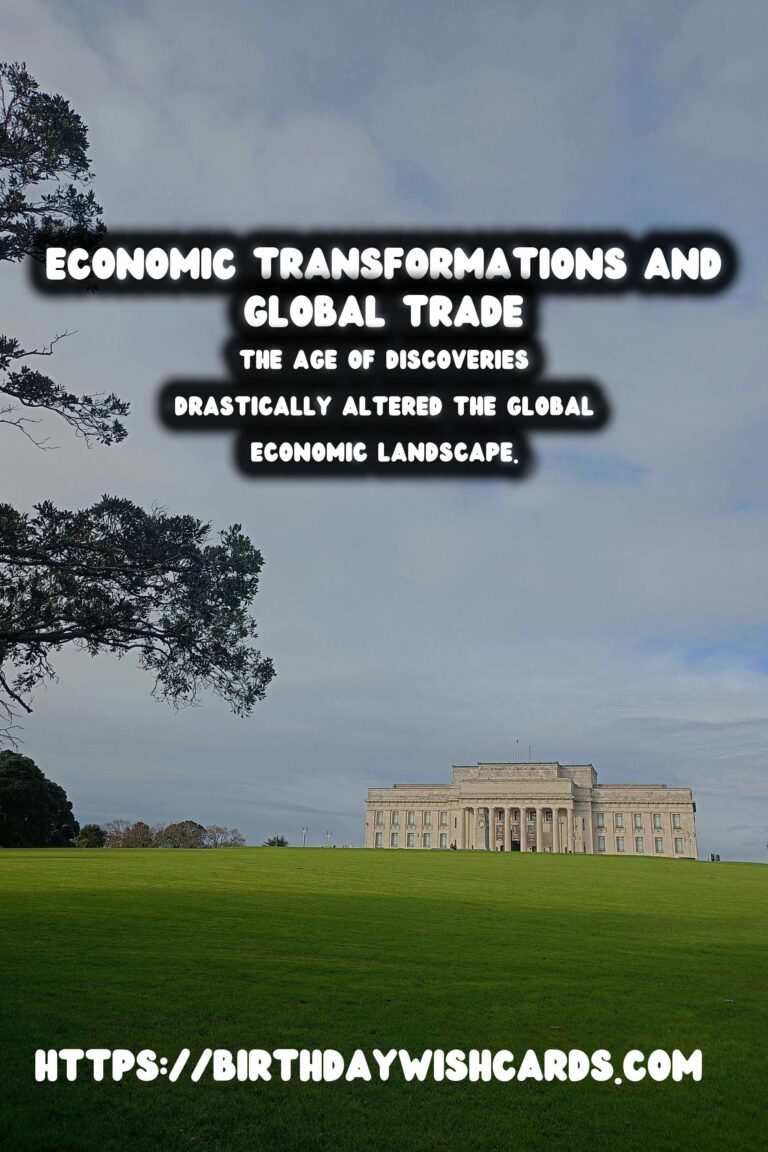
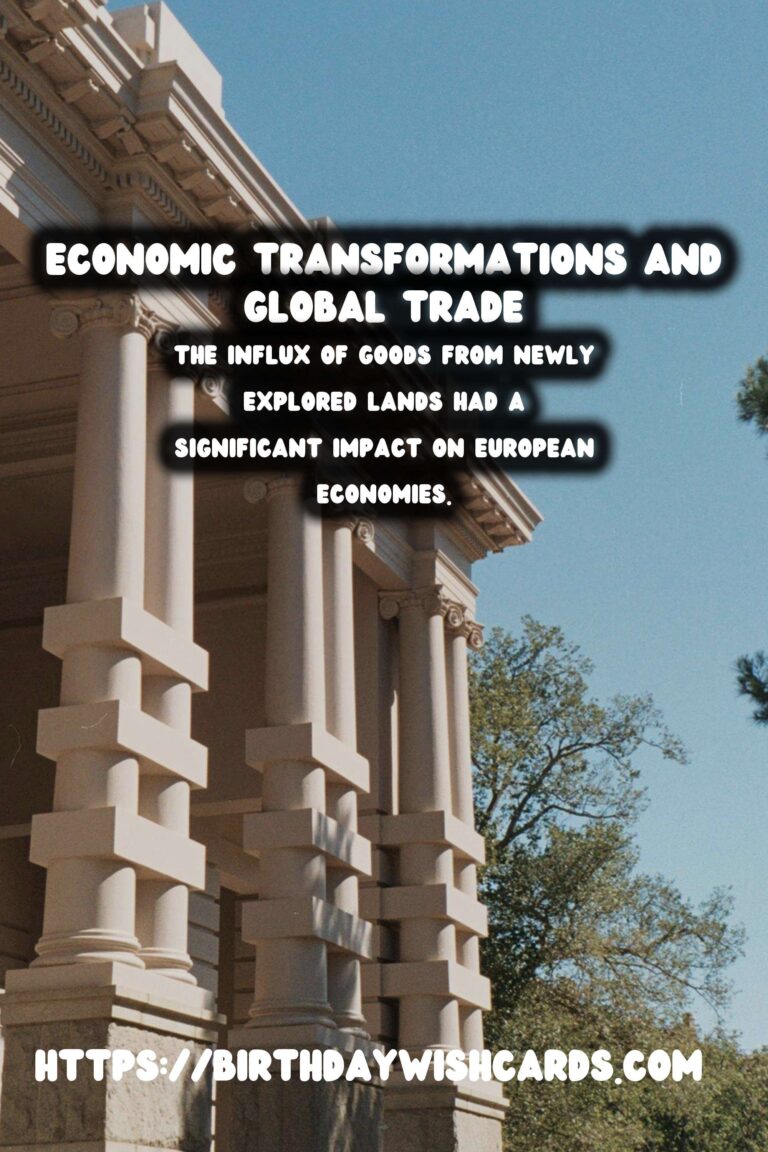
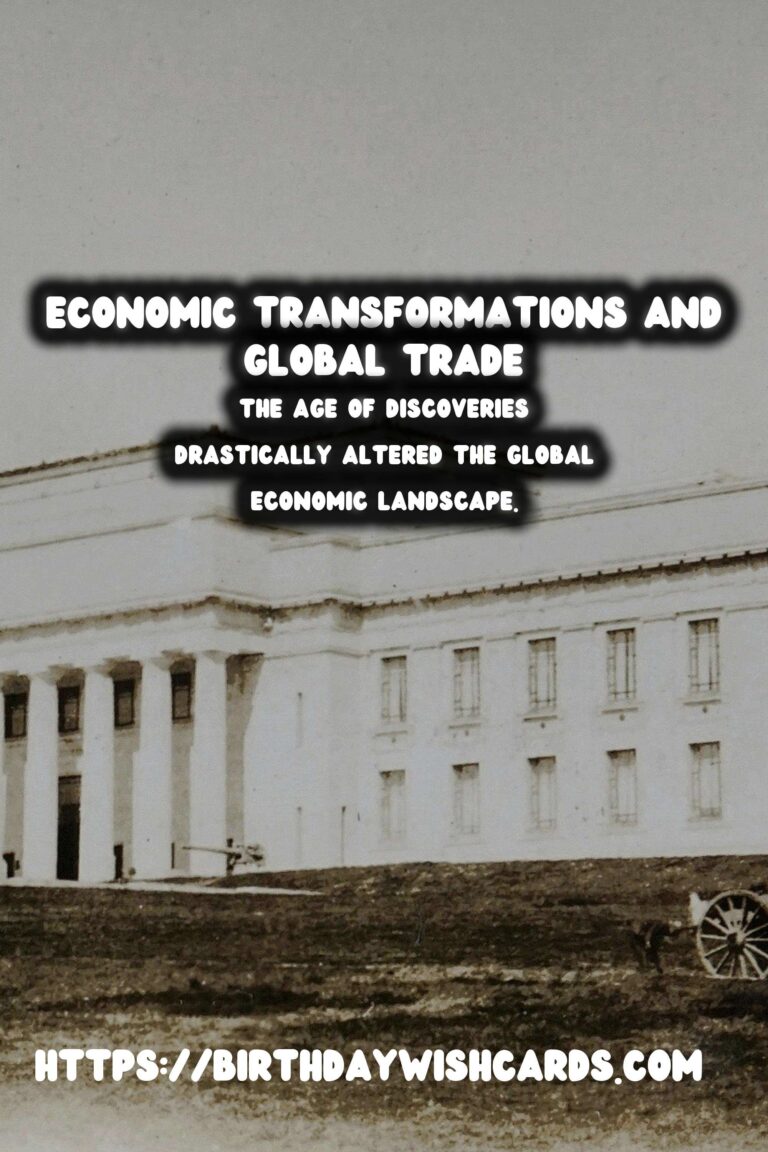
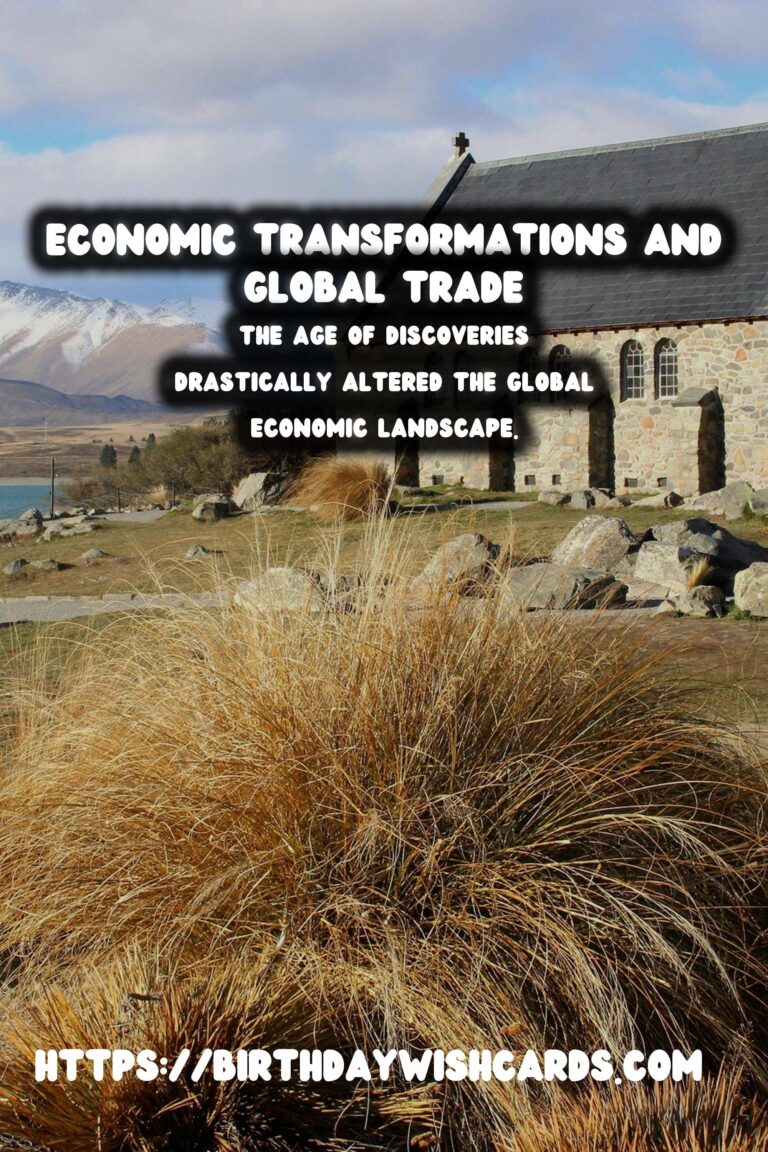

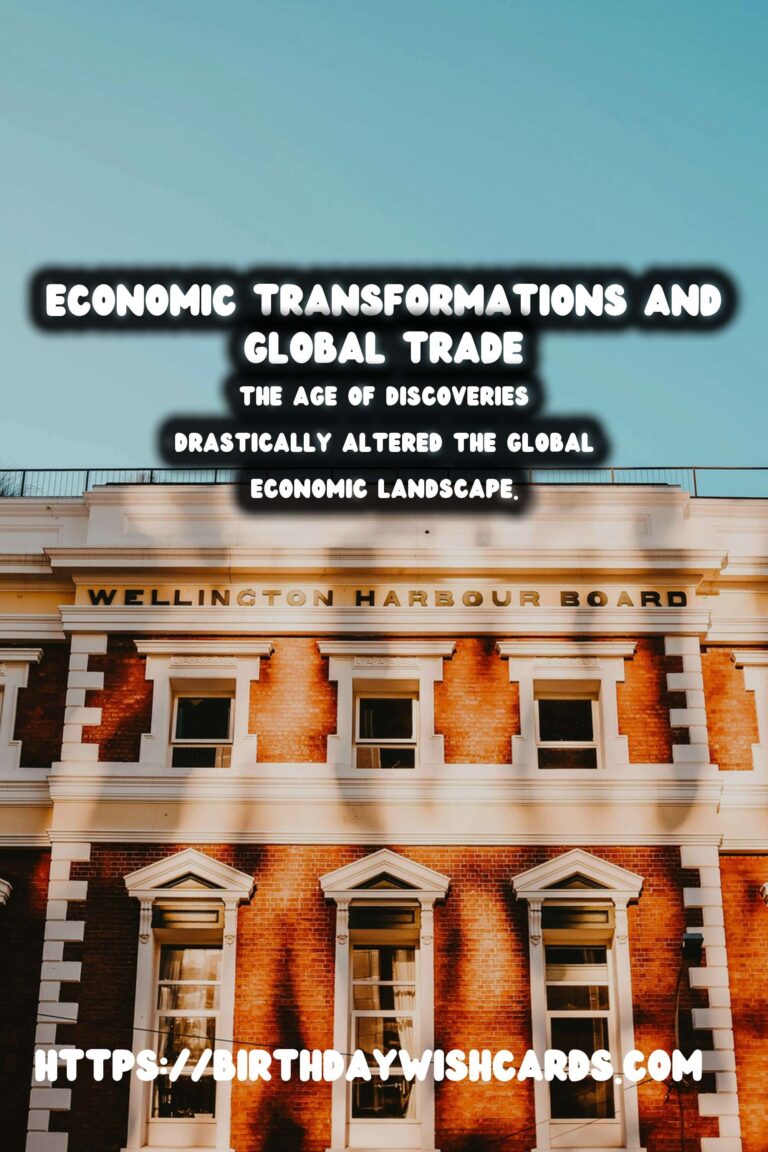
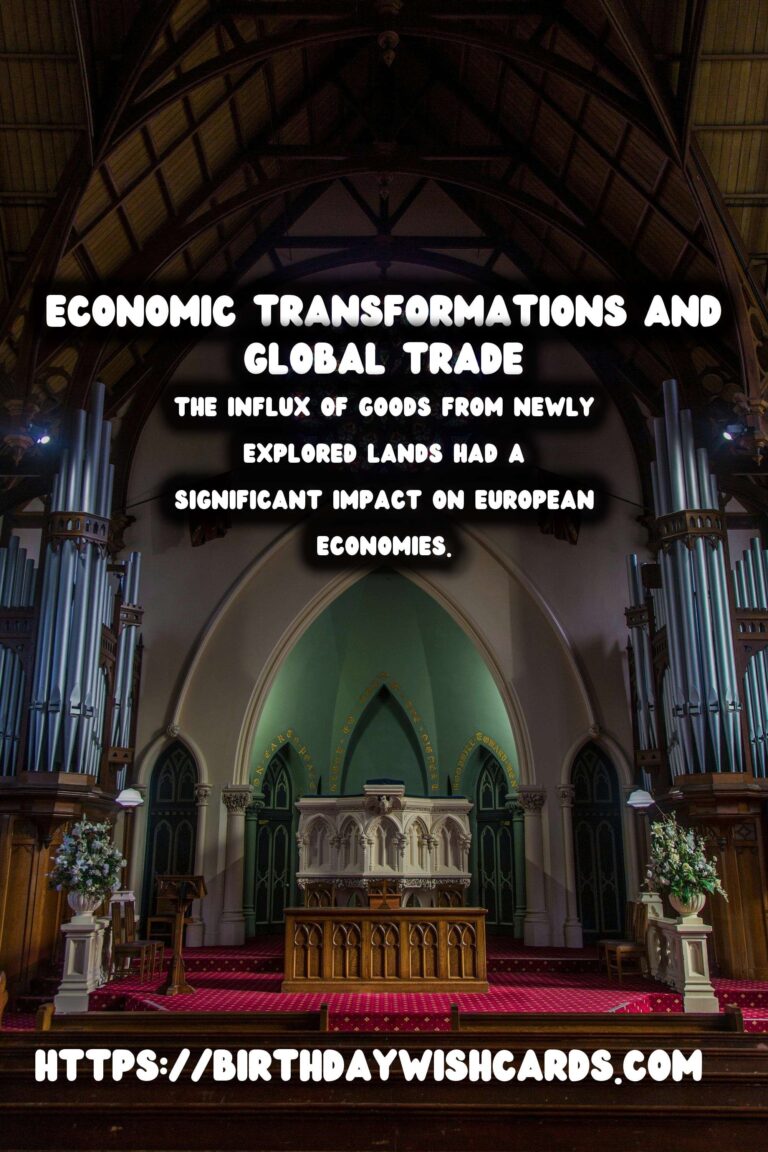


#AgeofDiscoveries #EconomicImpact




